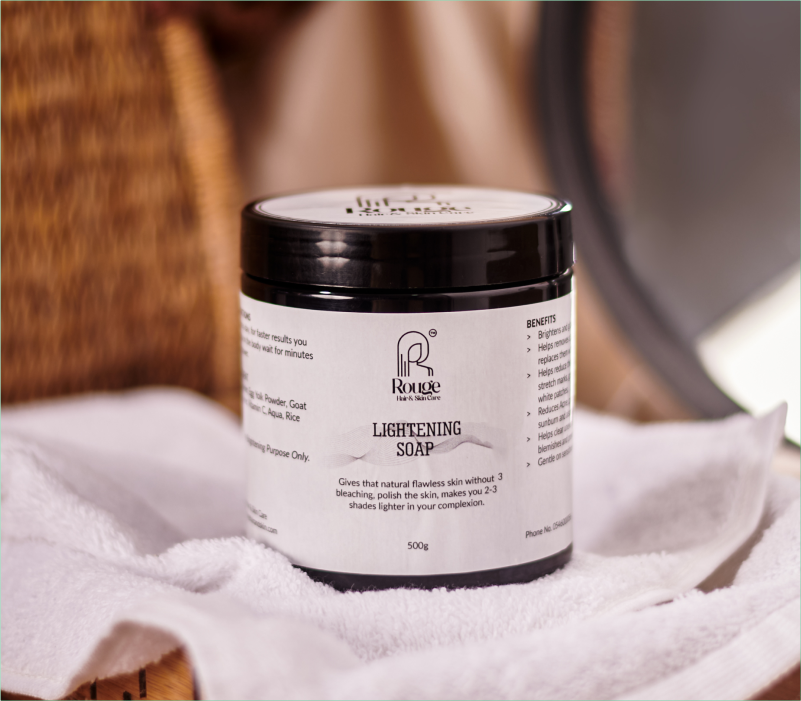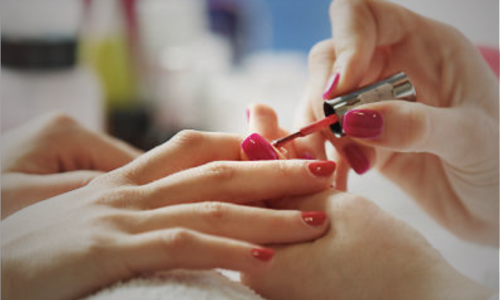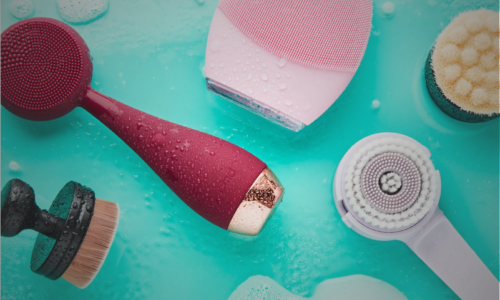
There are restrictions on what you can use for cosmetics and skin products, as well as what you can eat and drink while pregnant.
While the majority of components in acne medications and anti-aging creams are regarded safe, some are advised against using them while pregnant.
You don’t need to worry, so don’t start becoming worried that you’ll have to completely change your routine. According to Hayley Goldbach, MD, FAAD, FACMS, a double board-certified dermatologist, dermatologic surgeon, and assistant professor of dermatology at Brown University, “most people don’t need to make big adjustments to their beauty routines.” The majority of over-the-counter medicines are completely safe during pregnancy.
To understand more about the few dangerous components that women who are pregnant should avoid as well as what to use in their place, we turned to the experts.
Why Do I Change My Skin While Pregnant?
According to Dr. Goldbach, the body’s interior environment changes during pregnancy. According to Dr. Goldbach, the skin is affected by hormonal changes, variations in blood vessels, metabolism, and the immune system.
Although this rise in hormones and blood flow occasionally results in the well-known pregnancy “glow,” it can also cause stretch marks, dermatitis, acne, spider veins, itchy skin, and/or melasma.
Sunny Jun, MD, co-founder and co-medical director of CCRM Fertility San Francisco and board certified in obstetrics, gynecology, reproductive endocrinology, and infertility, explains that there may be numerous changes in the skin as a result of hormonal changes, increased weight gain, an increase in melanin production, an increase in oil production, and increased blood volume leading to increased blood flow.
When you learn you’re pregnant, Dr. Jun warns that these modifications may cause previously pregnancy-safe chemicals to have a whole new and unexpected reaction.
Board-certified in obstetrics, gynecology, reproductive endocrinology, and infertility Sunny Jun, MD, co-founder and co-medical director of CCRM Fertility San Francisco, explains that there may be a variety of changes in the skin as a result of hormonal changes, weight gain, an increase in melanin production, an increase in oil production, and an increase in blood volume leading to an increase in blood flow.
Dr. Jun cautions that these changes may result in previously pregnancy-safe chemicals having a whole new and unexpected reaction once you find out you’re expecting.
“Oily skin and acne may be impacted by hormones. During this huge period of physical and mental transformation, it is practically impossible to foresee how hormonal changes will effect each person’s skin.
Additionally, the different trimesters may cause you to experience various symptoms. Although your beauty routine may vary from week to week, keep in mind the items listed below.
Avoid these Skinca Ingredients
The unfortunate issue about pregnancy skincare is that we don’t have research looking at most substances in pregnant women, so we have to rely on animal studies or looking at how something works in a lab and make our best guess, says Dr. Goldbach.
Nevertheless, several components have been demonstrated to be dangerous when used orally. In terms of typical chemicals, Dr. Goldbach continues, “we advise patients to steer clear of retinols/retinoids, certain antibiotics, and hydroquinone.”
1. Retinol/Retinoids
Many physicians would advise against using retinol, Retin-A, or retinyl palimitate (or any other Vitamin A derivative) during pregnancy. According to several research, using these chemicals can cause birth abnormalities, says Dr. Jun. Adapalene and other retinoids have just started to be administered during pregnancy. Before beginning any treatment, discuss your options with your healthcare professional.
2. Hydroquinone
In “bleaching creams” other items designed to help lighten hyperpigmentation, dark spots, and melasma, hydroquinone is frequently present.
Dr. Jun advises against using hydroquinone, which lightens the skin, while pregnant because it absorbs more quickly into the skin than other substances and can therefore have a bigger impact on the unborn child.
3. Parabens/BPA
To preserve products and lengthen their shelf lives, parabens are frequently utilized in products ranging from shampoo to cosmetics. BPA in particular can be problematic. (Note that the FDA has not yet discovered concrete proof demonstrating parabens to be dangerous during pregnancy.)
According to Dr. Jun, these chemicals can operate as endocrine disruptors and are easily absorbed through the skin. According to certain studies, BPA might be harmful to developing fetuses. However, further research is required to determine whether they are detrimental during pregnancy as the available evidence is not yet conclusive.
4. Chemical sunblock
Avoid chemicals like oxybenzone, which has been connected to hormone disruption in tests with rats, and opt instead for mineral sunscreens. However, substances like oxybenzone are known to irritate some individuals, which is a particular issue given that skin frequently becomes more sensitive during pregnancy.
Dr. Jun advises using physical sunscreen, which has minerals like zinc oxide that physically block both UVA and UVB radiation, in order to be safe.
5. Fillers
According to Dr. Jun, fillers are now frequently utilized to minimize wrinkles. Most medical professionals won’t risk injecting them into individuals who are pregnant. The studies, however, are not as unambiguous. It is advisable to wait till after the pregnancy to use these, advises Dr. Jun.
The best course of action is to discuss ingredients with your dermatologist or healthcare professional, but postponing your treatments until after the birth of your child is a safe idea.
Aguilar continues, “I don’t recommend anyone who is currently pregnant or nursing to pursue treatments that entail peeling, lasers, or any type of injections.”


